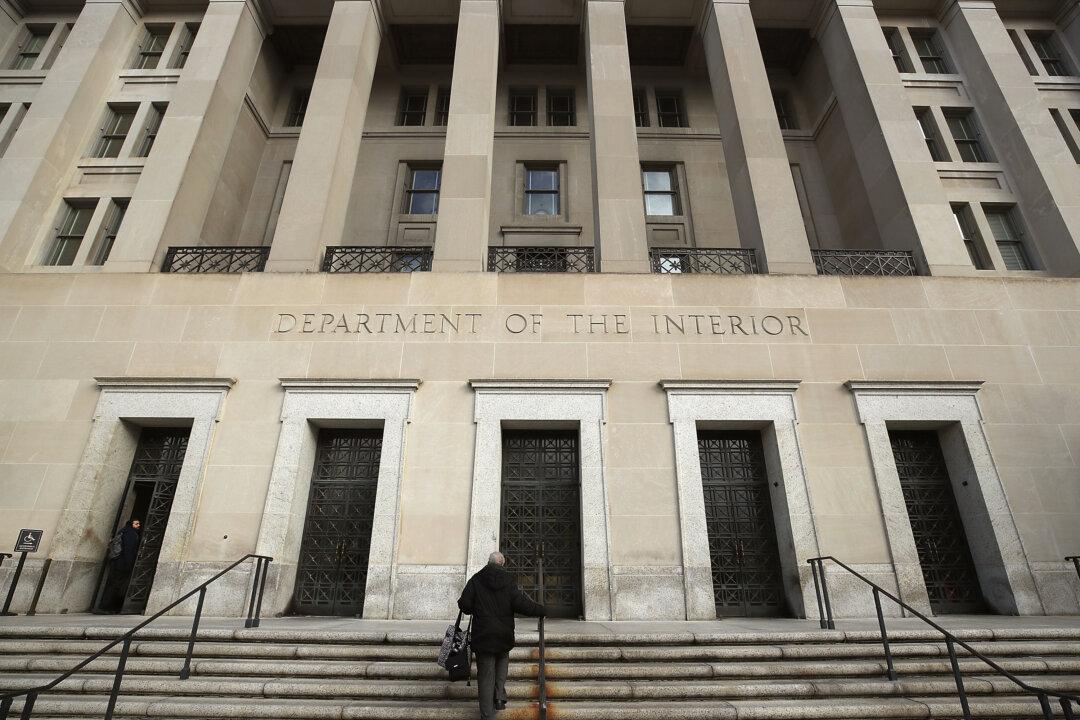A government team of hackers tasked with testing the Department of the Interior’s cyber vulnerabilities cracked more than 16 percent of the department’s 85,000 passwords in 90 minutes, a new report reveals.
An unclassified Jan. 3 report (pdf) from the Inspector General for Audits, Inspections, and Evaluations found that the department’s password protection and use of multi-factor authentication were woefully insecure.




